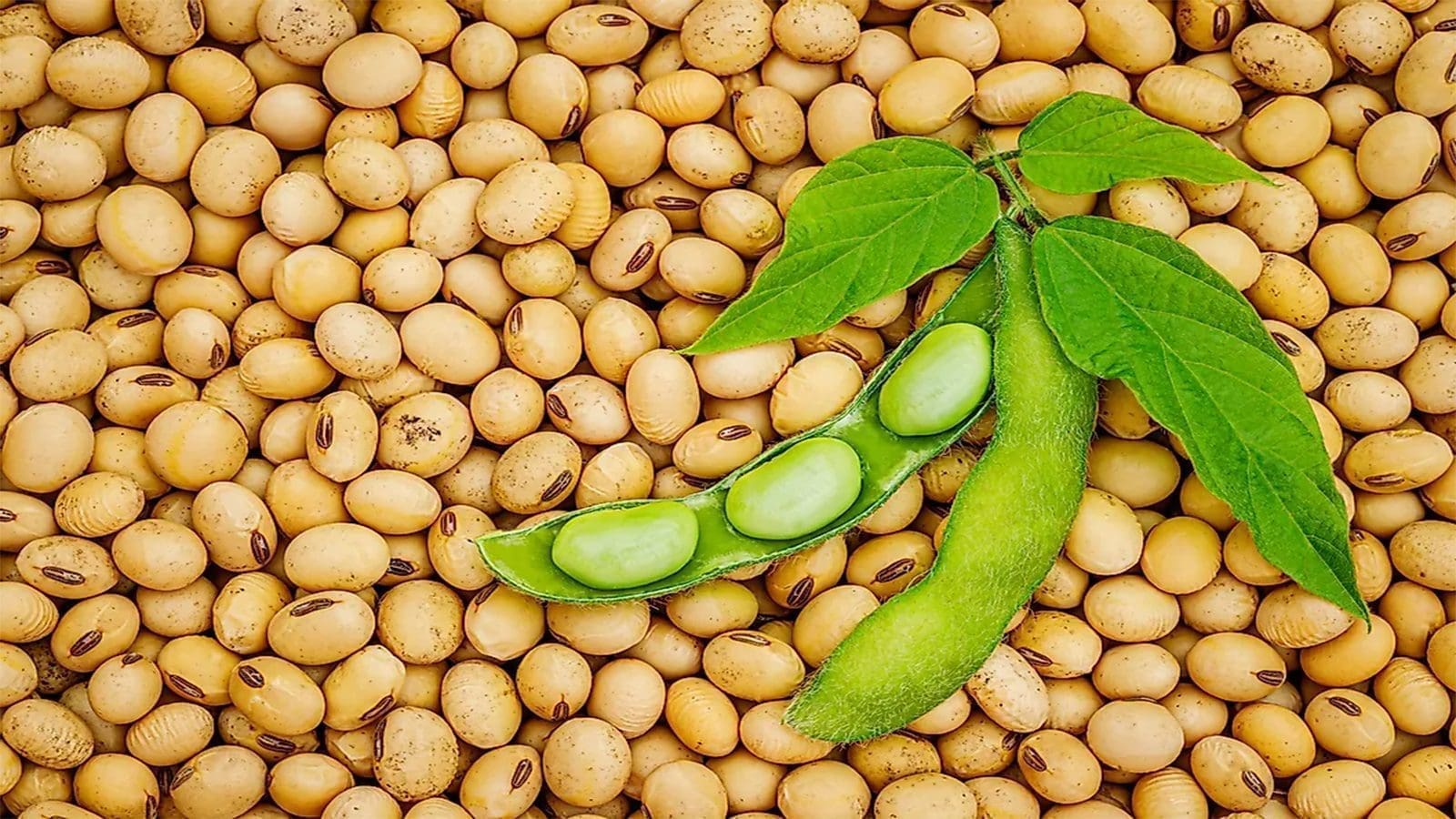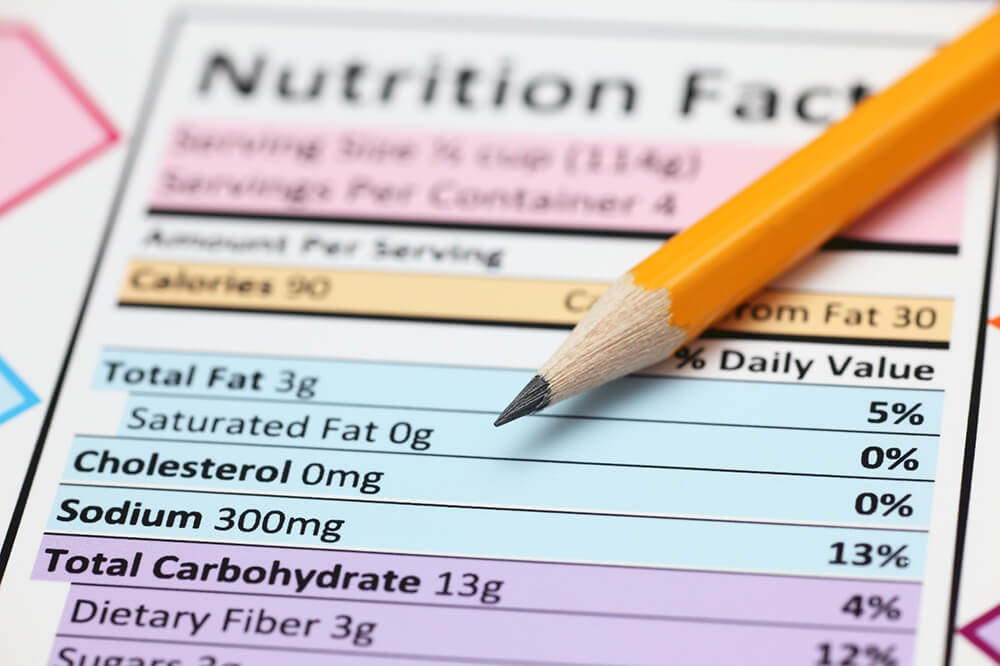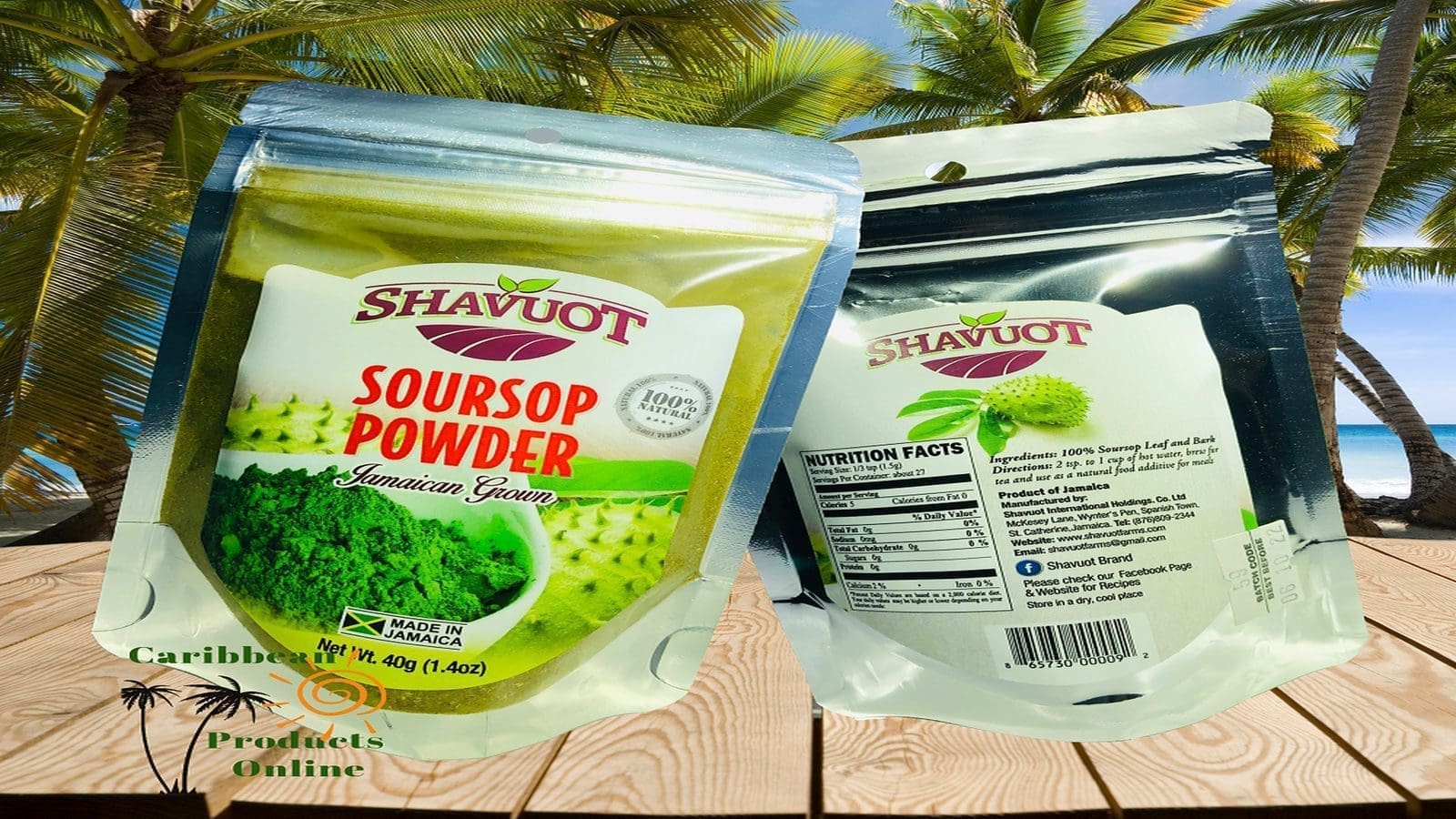JAPAN – Japan has reviewed its food labelling regulations for foods with genetically modified components, and will enforce a national ‘non-GM’ labelling system update in 2023.
Earlier in the year, the local Consumer Affairs Agency (CAA), published documentation announcing that nine major agricultural products are now subject to mandatory GM labelling-up from the previous eight, as are processed foods that use these ingredients.
The nine products include soybeans, corn, potatoes, rapeseed, cottonseed, alfalfa, sugar beet, papaya, and mustard greens which is the new addition.
“Additionally, all processed foods that are made using these nine products as raw materials will also be subject to mandatory GM labelling if the GM DNA or protein produced by this DNA is still detectable after processing. At this point, this will be monitored for 33 major product categories,” CAA said.
Of focus in the announcement were GM soybeans engineered to produce stearidonic acid as well as corn engineered with high lysine content.
“That said, if in processed food, the use of detection technology that has been determined by technical experts does not yield any traces of genetically modified DNA or relevant proteins, the manufacturers will not be obligated to include GM labels as there is no scientific difference in quality between these and regular products,” said CAA.
The Agency however told manufacturers to note that from April 2023, the national GM labelling system will include a separate voluntary system which includes the ‘not genetically modified (non-GM)’ voluntary labelling.
Currently, food products with 5% or less of unintentional GM content can make this claim. However, under the new system, products that have ‘not detected’ amounts of GM components will be able to make this claim.
Even though Japan has not come out to directly back GM foods inclusion in the food supply chain, it has published numerous documents and infographics to improve the image of GM foods to consumers, dedicating entire webpages to this on government sites.
This is due to the declining rate of local food production which has heightened amidst the Covid-19 pandemic.
In December 2018, consumer groups had held protests against gene-editing labelling regulations draft recommendations, which were released for public comment.
Using the slogan “No need for genetically modified food!” the Consumers Union of Japan joined other groups circulating a petition calling for regulating the cultivation of all gene-edited crops, safety reviews and labeling of all gene-edited foods.
Liked this article? Subscribe to Food Safety Africa News, our regular email newsletters with the latest news insights from Africa and the World’s food safety, quality and compliance. SUBSCRIBE HERE








